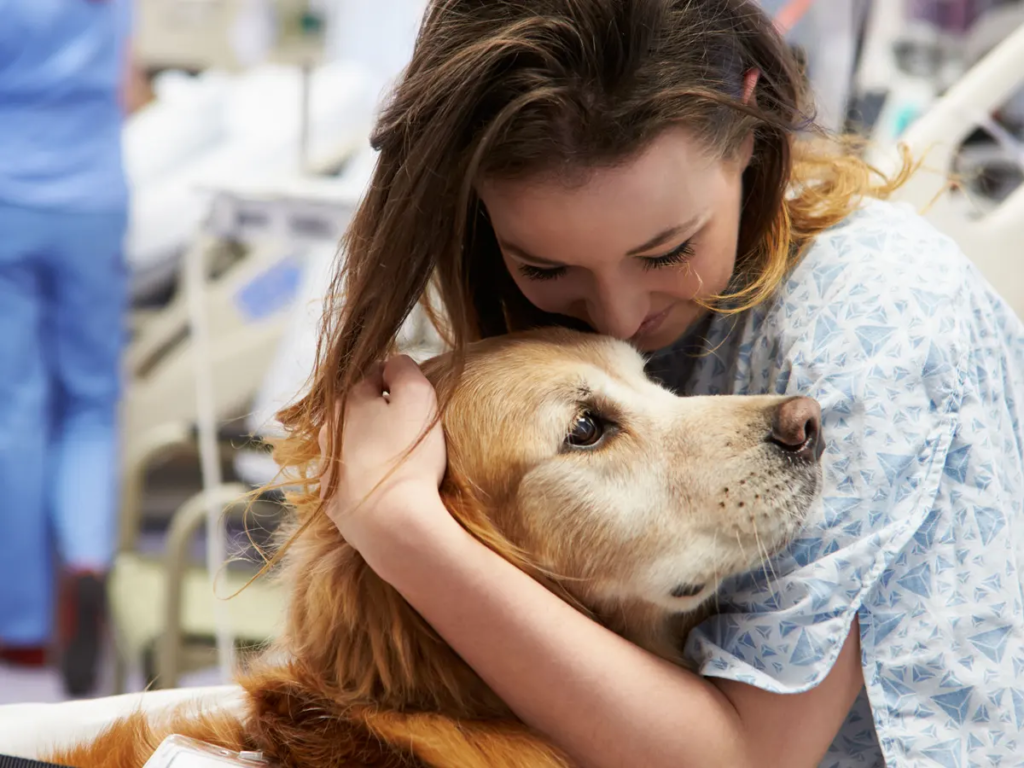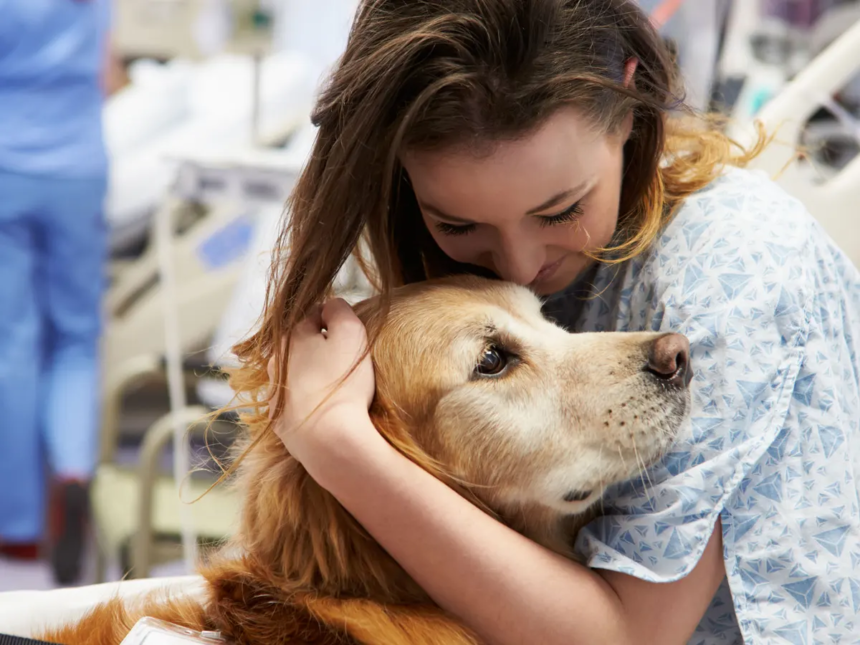
The bond between humans and their animal companions is a unique and cherished relationship. Pet parents often go above and beyond to ensure the happiness and well-being of their furry friends. However, this deep devotion sometimes comes with a side effect: guilt. Many pet owners experience a nagging feeling that they are not doing enough for their beloved companions. In this feature article, we will delve into the reasons behind pet parent guilt and explore strategies to overcome it, fostering a healthier and more balanced relationship with our furry family members.
1. Understanding the Root Causes of Pet Parent Guilt:
Pet parent guilt can stem from various sources, including:
a) Unrealistic expectations: We live in an age of social media, where curated images of perfect pet ownership can create unrealistic standards.
b) Time constraints: Busy schedules, work commitments, and personal obligations may make pet parents feel they are not dedicating enough time to their companions.
c) Health concerns: Pets, like humans, experience health issues, and feeling responsible for their well-being can trigger guilt.
d) Comparison to others: Comparing our efforts to those of other pet parents may lead to feelings of inadequacy.
2. Recognizing the Signs of Pet Parent Guilt:
Identifying the signs of pet parent guilt is crucial in addressing and overcoming it. These signs may include:
a) Constant worry about the pet’s well-being, even when no immediate concerns are present.
b) Feeling overwhelmed by the responsibilities of pet ownership.
c) Experiencing self-doubt and questioning one’s abilities as a pet parent.
d) Obsessively seeking validation and reassurance from others.
3. The Impact of Pet Parent Guilt:
Unresolved guilt can negatively affect the pet-owner relationship and the well-being of both parties involved. The constant burden of guilt can lead to:
a) Stress and anxiety: Overthinking and self-criticism can cause unnecessary stress, affecting the emotional well-being of pet parents.
b) Overcompensation: Guilt-driven actions may result in spoiling or overindulging pets, which can lead to behavioral issues or health problems.
c) Strained relationships: Guilt may create a barrier between pet parents and their companions, hindering the development of a strong and healthy bond.
4. Strategies for Overcoming Pet Parent Guilt:
a) Set realistic expectations: Understand that perfection is unattainable, and every pet-parenting journey is unique. Embrace the idea that you are doing your best.
b) Prioritize quality time: Dedicate focused, quality time to your pet, even if the quantity is limited. Engage in activities that strengthen the bond, such as playtime or training sessions.
c) Seek support: Connect with fellow pet parents, join online communities, or attend local pet-related events. Sharing experiences and advice can alleviate feelings of isolation and provide reassurance.
d) Practice self-care: Taking care of your own physical and mental well-being is essential. When you prioritize your own needs, you become better equipped to care for your pet.
e) Communicate with your pet’s veterinarian: Regular check-ups and open communication with a trusted veterinarian can ease concerns and provide guidance for optimal pet care.
f) Embrace imperfections: Accept that mistakes happen, and they are opportunities for growth. Learn from them and focus on providing a loving and nurturing environment for your pet.
Pet parent guilt is a common emotional burden that can hinder the joy and fulfilment of the human-animal bond. By understanding the root causes, recognizing the signs, and implementing strategies to overcome guilt, we can develop healthier relationships with our animal companions. Remember, being a pet parent is a journey of learning and growth











